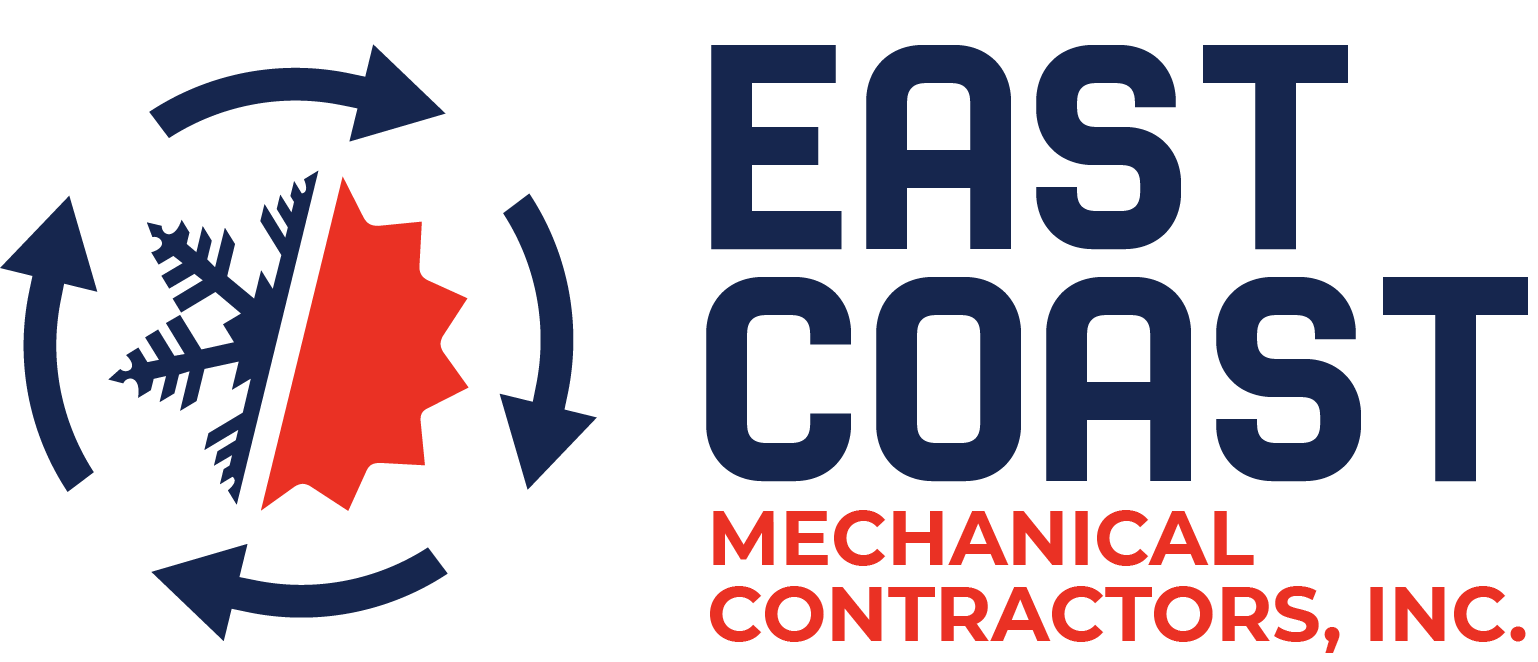Before the energy assessor visits your house, make a list of any existing problems such as condensation and uncomfortable or drafty rooms. Have copies or a summary of the home’s yearly energy bills. Your utility may be able to provide these to you or you may be able to get them online. Assessors use this information to establish what to look for during the audit. The assessor will also talk with you to better understand your needs and interests in having an assessment. The assessor will examine the outside of the home to determine the size of the house and its features (i.e., wall area, number and size of windows). The assessor then will analyze how you use your home:
- Is anyone home during working hours?
- What is the average thermostat setting for summer and winter?
- How many people live in the home?
- Is every room in use?
Your answers may help uncover some simple ways to reduce your household’s energy consumption.
The Audit Process and Recommendations
Professional energy assessments generally go into great detail to assess your home’s energy use. The energy assessor will do a room-by-room examination of the residence, as well as a thorough examination of past utility bills. Walk through your home with the assessor and ask questions. Many professional energy assessments will include a blower door test and a thermographic scan. Assessors may use equipment to detect sources of energy loss, such as blower doors, infrared cameras, furnace efficiency meters, and surface thermometers. Check out the Energy Saver 101 home energy audit infographic to get an idea of what energy assessors look for and to learn more about the special tools they use to conduct an assessment.
Through the process, the home assessor will gather information and produce a report including characterizations of your home and action you can take to reduce your home’s energy use while increasing comfort of the living space. Common recommendations often include:
- Conduct whole-home air sealing to reduce air leakage and drafts.
- Add insulation to your home’s attic, foundation, or walls to prevent heat loss.
- Seal and insulate ducts in unconditioned spaces.
- Remove or repair any parts of the home with internal moisture or mold to improve air quality and reduce deterioration.
- Improve the efficiency of heating, cooling and hot water equipment.
- Install home ventilation, smart thermostats, LEDs, smart power strips, ENERGY STAR appliances, solar PV, an electric vehicle charger, and other efficient technologies that improve home performance.
The right mix of improvements to your home or office will depend on the age and quality of current equipment, the local climate, and your home energy goals.
Home energy auditor certification
Home energy auditor certification is also a requirement for homeowners seeking tax credits authorized and Inflation Reduction Act. The listed certification programs have been reviewed by DOE and serve as a list of Qualified Certification Programs for home energy auditors that taxpayers can use to claim the Energy Efficient Home Improvement Credit (Section 25C) under the Infrastructure Investment and Jobs Act (commonly referred to as the Bipartisan Infrastructure Law) for home energy audits. Starting in 2024, home energy auditors will be required to provide a business employer identification number (EIN), or other type of relevant taxpayer identifying number, as part of the written report they provide to the homeowner looking to claim the Energy Efficient Home Improvement Credit (Section 25C) for home energy audits. If you wish to claim this credit, make certain the home energy auditor has applied for and received an EIN for their business and that the EIN number is on the final report provided by the auditor.
Contact Us
If your air quality has become less effective, we can determine if it’s a problem with the filters. If you have an upcoming HVAC project, join hands with a licensed and insured contractor at East Coast Mechanical. Email: ecmcecmc@aol.com Address: 5133 W Hurley Pond Rd Suite A, Wall Township, NJ 07727 Hours: Monday to Friday 8 AM to 5 PM and Closed Saturday and Sunday.
Phone: 800-300-ECMC or 732-751-8877

